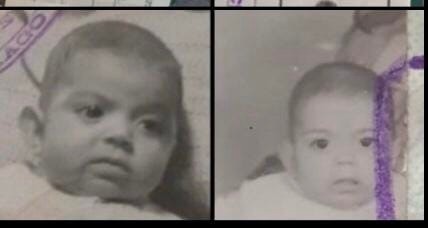 |
| A photo of Vivi Haggren as a child in the adoption agency's files. |
On her way home from a fishing trip, Vivi Haggren, a 50-year-old Swedish woman of Chilean descent, heard a news report about children illegally adopted from Chile. It was then that the 50-year-old thought it was time to make her long-cherished wish come true.
Viví Haggren was adopted by a Swedish couple as a baby. Little is known about her in 1973, possibly due to the political turmoil of the time. The only information provided by the Swedish adoption agency is that she was “abandoned” at a hospital and that Viví Haggren’s biological mother called her daughter Luisa.
During her research, Haggren learned about Nos Buscamos, a small nongovernmental organization based in Santiago that connects illegally adopted Chilean children with their biological families. Since its founding in 2014, Nos Buscamos says it has helped locate, contact, and reunite 400 families, including children like Haggren whose ancestry is difficult to trace.
The rise of new, more accessible technologies is opening up the possibility for adoptees like Haggren to finally find their families, in searches that span continents. At the center of the campaign to trace the origins of the adopted children kidnapped in Chile is not a genetic testing giant like 23andMe, but Nos Buscamos. To reduce time and increase the chances of success, the organization has leveraged user-updated database software, social media connections, and artificial intelligence in data collection and filtering, all of which are important factors that help to fill in what DNA testing often fails to achieve.
According to sources, tens of thousands of Chilean children were adopted irregularly or illegally through the Pinochet dictatorship’s baby-trafficking schemes during the 1970s and 1980s. Estimates range as high as 20,000; while Nos Buscamos believes the true total may be closer to 50,000.
A few years ago, the Chilean government launched an initiative to collect DNA samples from families looking for their children, but it quickly canceled it when the Covid-19 outbreak hit. Nos Buscamos and Hijos y Madres del Silencio are the only organizations in Chile actively conducting searches. Instead of broadly tracking people’s overall genealogy, as a genetic testing company would, Nos Buscamos starts by searching and compiling official data, such as birth dates or hospital records. This significantly narrows the search to smaller groups, perhaps a community or a household. Nos Buscamos then works with the genetic testing company MyHeritage to test selected individuals from these groups who may be biologically related to the adopted child.
Del Río, founder of Nos Buscamos, said the first step is to compile official data sources before any DNA testing can be done—which currently includes more than 7,000 entries. Even though the information available is often sparse, Del Río said most children can get some information, such as where they were born, the name of the hospital, their birth name, and the contact information of the adoption agency. However, previous adoptions were often illegal, and the data available is often scarce.
This useful information is broken down into variables, and any match between the two groups generates an email notification from the Nos Buscamos platform. “I first started with a notebook, thinking we would have no more than 50 cases,” says Del Río. “But as we got more cases, it became clear that we needed to build software.” say it is a fairly simple program, but one that is optimized for the organization's individual needs.
Del Río also gives an example: In 2022, when reading a People magazine article about illegal adoptions in Chile, 42-year-old American Scott Lieberman began to wonder about his own story. He knew he was adopted from Chile, but did not know the circumstances. He then registered with Nos Buscamos, which conducted an investigation and found a "potential" relative. Through the MyHeritage DNA test kit Nos Buscamos was provided with and the DNA sample Lieberman sent, the results showed after a few weeks that they were half-siblings. Without Nos Buscamos, even if Lieberman had done the DNA test himself, it is very likely that his half-sister would not have done so, and the secret of his origins would likely have been "buried" forever.
Back in Sweden, Haggren, a Chilean native, recently celebrated her 50th birthday. She recently enjoyed a week of fishing at a beautiful coastal location in the south of the country. She is awaiting DNA results from Nos Buscamos in Chile. Haggren says it is likely her biological family does not want to meet her, or even have any intention of looking for her. But “I just want them to know that I had a great life. I need to know what really happened. That’s all,” Haggren says.
Source




![[Photo] Deep sea sand deposits, ancient wooden ship An Bang faces the risk of being buried again](https://vphoto.vietnam.vn/thumb/1200x675/vietnam/resource/IMAGE/2025/11/13/1763033175715_ndo_br_thuyen-1-jpg.webp)
![[Photo] Unique art of painting Tuong masks](https://vphoto.vietnam.vn/thumb/1200x675/vietnam/resource/IMAGE/2025/11/14/1763094089301_ndo_br_1-jpg.webp)

![[Photo] Special class in Tra Linh](https://vphoto.vietnam.vn/thumb/1200x675/vietnam/resource/IMAGE/2025/11/14/1763078485441_ndo_br_lop-hoc-7-jpg.webp)
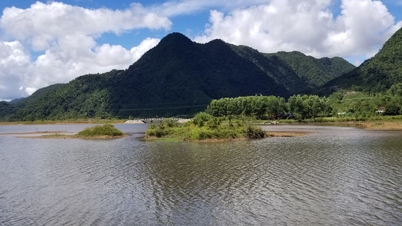

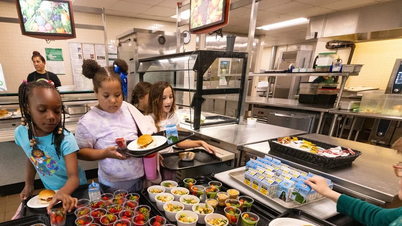










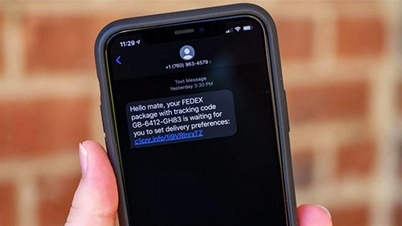










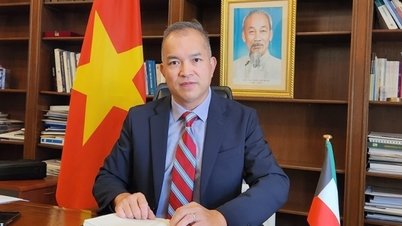
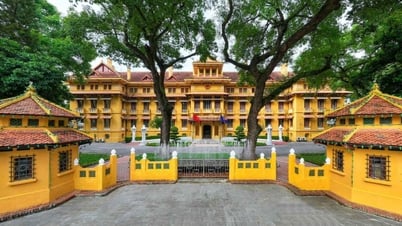
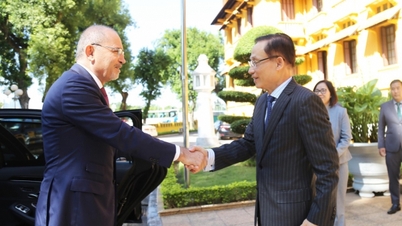

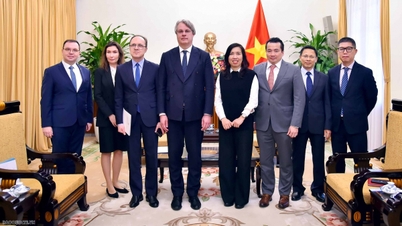
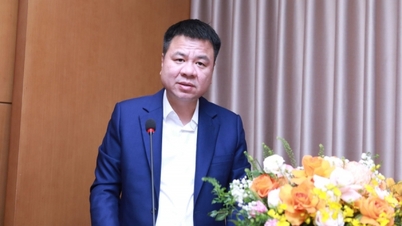











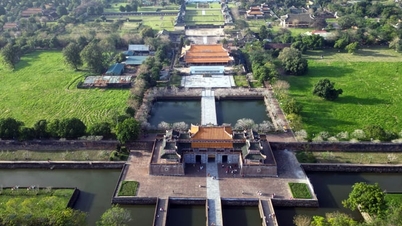



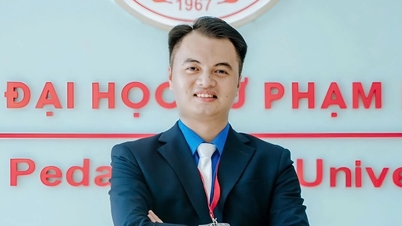





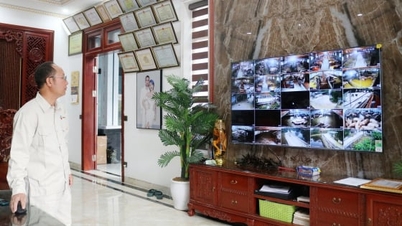
















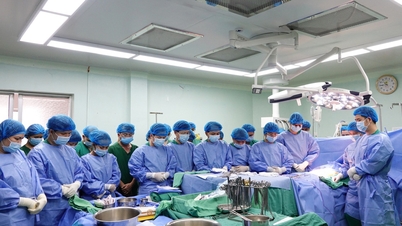


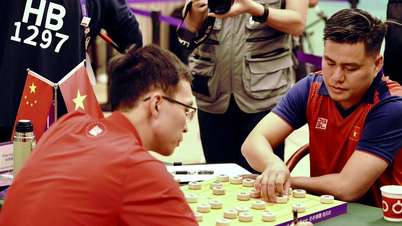
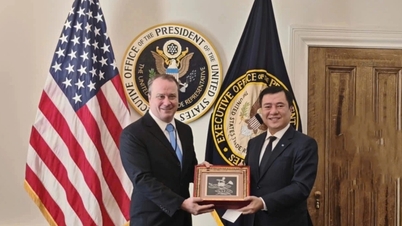












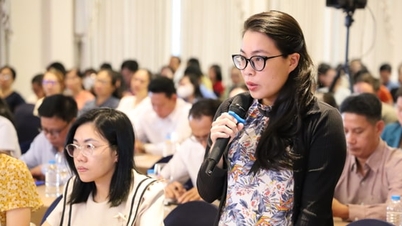

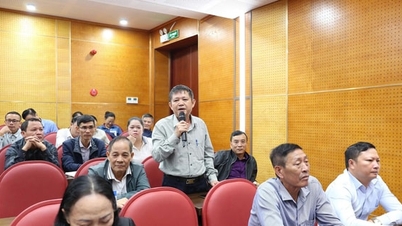
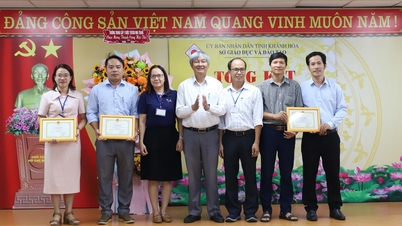

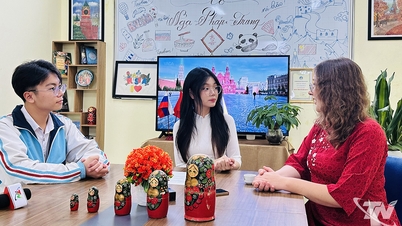






![Dong Nai OCOP transition: [Article 3] Linking tourism with OCOP product consumption](https://vphoto.vietnam.vn/thumb/402x226/vietnam/resource/IMAGE/2025/11/10/1762739199309_1324-2740-7_n-162543_981.jpeg)






Comment (0)